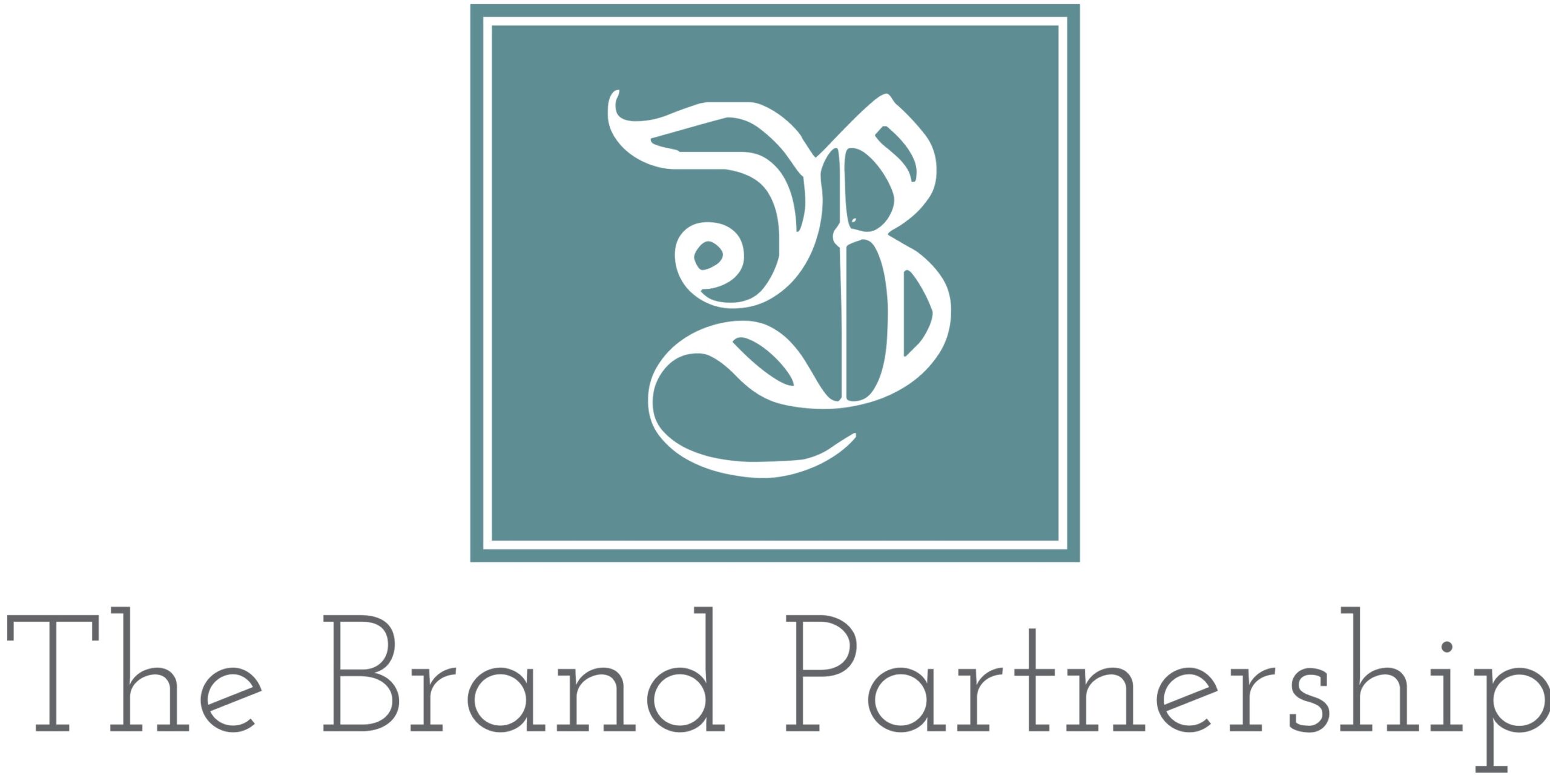You likely have heard of a communications audit. But you may not know when to conduct one or what the advantage of doing so could be.
A communications audit is a comprehensive review all of an organization’s communications strategy, programs, tools, talent, and results set against an understanding of the objectives and priorities of the department. The goal is to understand if the department and its people are meeting the objectives and needs of the company and its various stakeholders. It also is means to identify specific opportunities for improvement.
What Does a Communications Audit Include?
A communications audit includes both a review of materials as well as stakeholder interviews. It may also include a competitive review against a small peer set.
- A materials review may include communications plans, budgets, communications materials, results reports, policies, crisis plans, departmental communications and processes, media coverage, social media efforts, communications research, and so much more.
- Stakeholder interviews usually include a broad cross-section of company leaders, communications team members, customers, board members, and other relevant audiences to a company and its communications efforts.
- The competitive review may include elements such as headcount, department budget, positioning/messaging, media coverage, social media initiatives, ESG communications, executive visibility/thought leadership or other elements reviewed for a small group of 4-5 peers against your company.
Why Conduct a Communications Audit?
Communications leaders conduct benchmark audits to identify how well their departments are performing with the goal to advance the sophistication or effectiveness of the department as it matures or grows. The catalyst for this can be new leadership, desire for incremental budget or additional resources, or to address leadership concerns or criticisms. Often one of the goals is to have a third-party validate the human, financial and tangible resources required to run a world-class communications function within an organization. Another goal is to identify skill or competency weaknesses or gaps. Lastly an audit can provide tangible recommendations on how to be more strategic, effective, efficient, or measurement-focused in the deployment of your talent across the various communications channels you use to reach your key stakeholders.
A follow-up audit is often conducted a year or two after the initial audit to measure improvement and impact against the recommendations coming out of the benchmark audit.
Depending upon the results of the audit, the findings can support the quality of the work or may show justification for incremental headcount, budget or other resources.
What Areas Should a Communications Audit Address?
Once you understand the value an audit can provide, the next step is to define the scope of the audit. The ground an audit can cover is broad and customizable to the needs and activities of the organization. But a comprehensive review might include an analysis and recommendations on:
- Departmental structure and positions/roles against needs
- Departmental leadership, team oversight, communications
- Departmental budget and how it is distributed
- Strategic thinking and planning capacity
- Quality of team plans, budgets, tools, work processes
- Quality of the team’s staff, competencies and skills
- Quality of team job scopes, reviews, employee feedback
- Quality of departmental vision and strategy
- Quality of communications materials (from positioning and messaging to collateral to media materials to thought leadership to social posts and more)
- Usage and quality of external consultants and value for budget spent
- Companywide communications & media policies and procedures
- Types of and quality of the work the team/company accomplishes
- Internal communications
- Crisis communications/reputation management
- Media relations
- Community relations
- ESG communications
- Board communications
- Customer communications
- Social media
- Governmental communications
- Investor relations
- Other Departmental mentorship and professional development
- Departmental software tools and subscriptions
- Measurement metrics, reporting tools and reports
What Communications Audit Tools and Deliverables Should You Expect?
Depending on what is being assessed, a communications audit usually provides a written summary of findings and recommendations. These also may be provided as a presentation. If a peer review is conducted or media or social media audit is included, there are usually presentations for each of these areas. If a review of organizational staffing is part of the audit, a recommended department structure with existing and new positions is often provided, along with recommendations for professional development and process or software enhancements.
Why Hire an External Consultant to Conduct your Communications Audit
Many clients want to handle an audit internally but find they don’t have the resources or expertise. The top three reasons for vending out a project of this nature include:
- An experienced consultant provides third-party credibility to leadership that an unbiased expert will review, analyze and make improvement recommendations.
- Most internal departments don’t have the breadth of experience or time it takes to successfully do a communications audit.
- Interview confidentiality provided by an outside resource yields more robust and truthful feedback from internal and external interview or survey participants. This enables better recommendations and more effective improvements to be made.
How to Hire an External Consultant to Conduct Your Communications Audit
If you believe a communications audit could be valuable to benchmarking and improving your internal and external communications and reputation management efforts, here are several tips for hiring an appropriate consultant.
- Make sure the consultant has successfully led similar communications audits to the one you seek and has happy clients from these projects.
- Ask the consultant for case studies, references and de-branded samples of the work he/she/the firm has done in this area before.
- Agree on the work scope, timing, and budget, and get all of these details and what the deliverables and presentations will include in writing as part of your contract.
- Ask the consultant to provide you with and work off of an approved timeline.
- Have the consultant preview all interview questionnaires or company-facing materials before they are shared with company employees.
We are experienced in all aspects of communications and marketing audits. If you’d like to learn more, contact Judy Johnson for a complimentary consultation.

